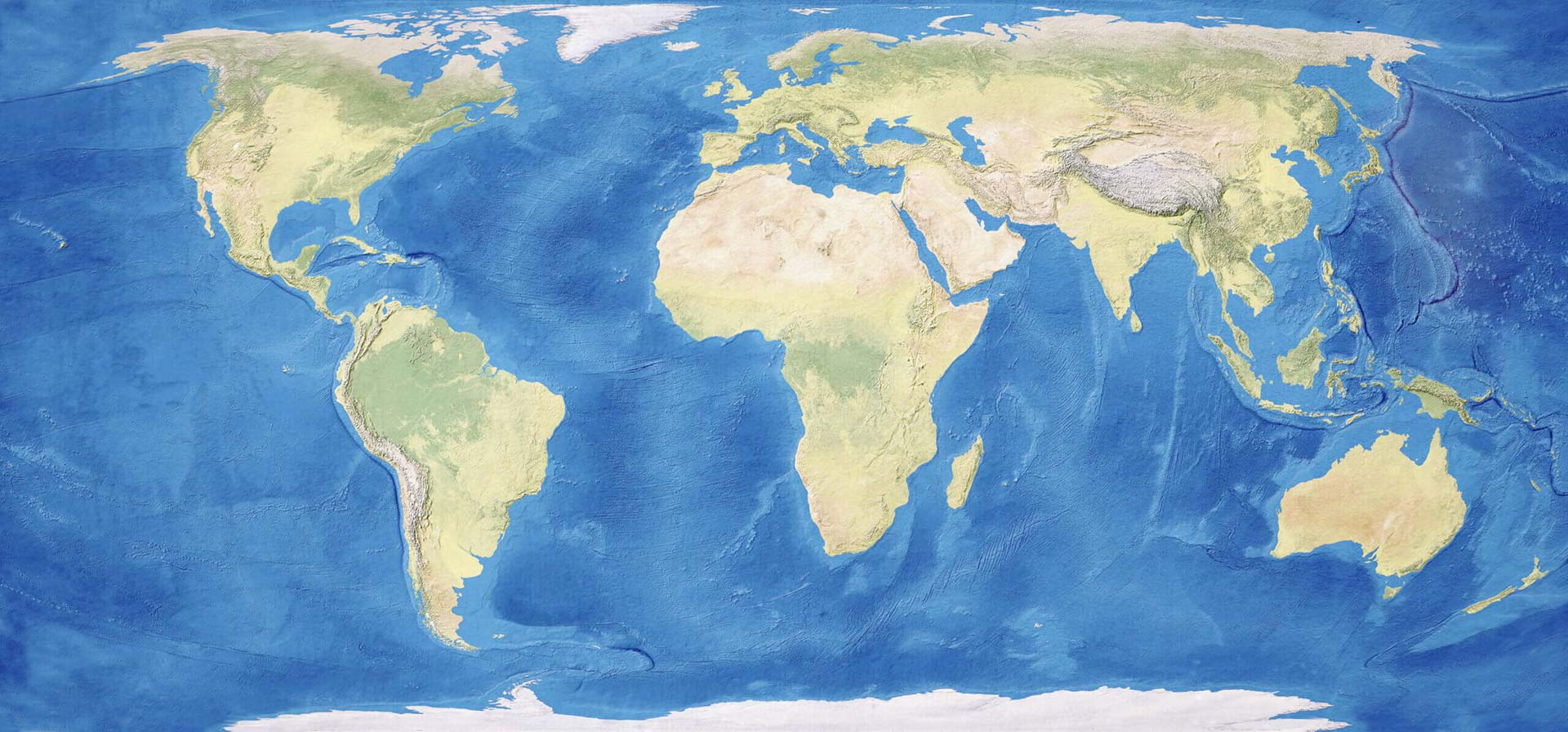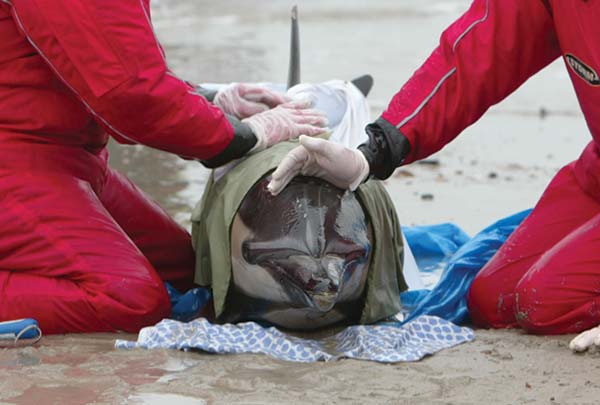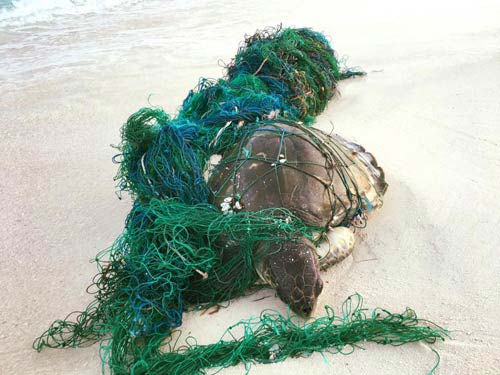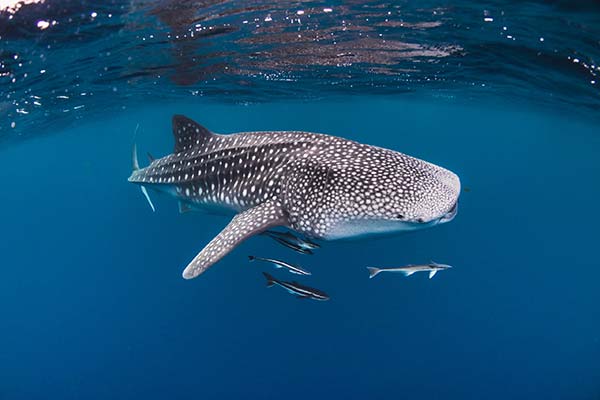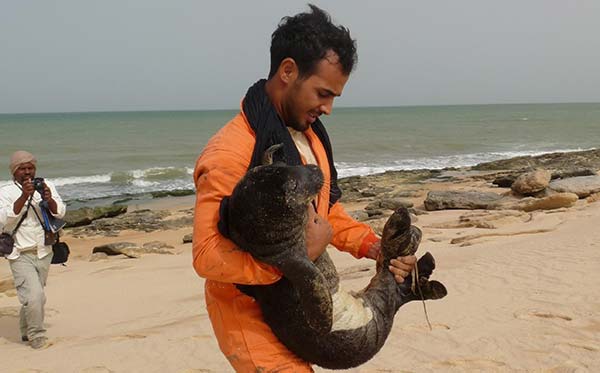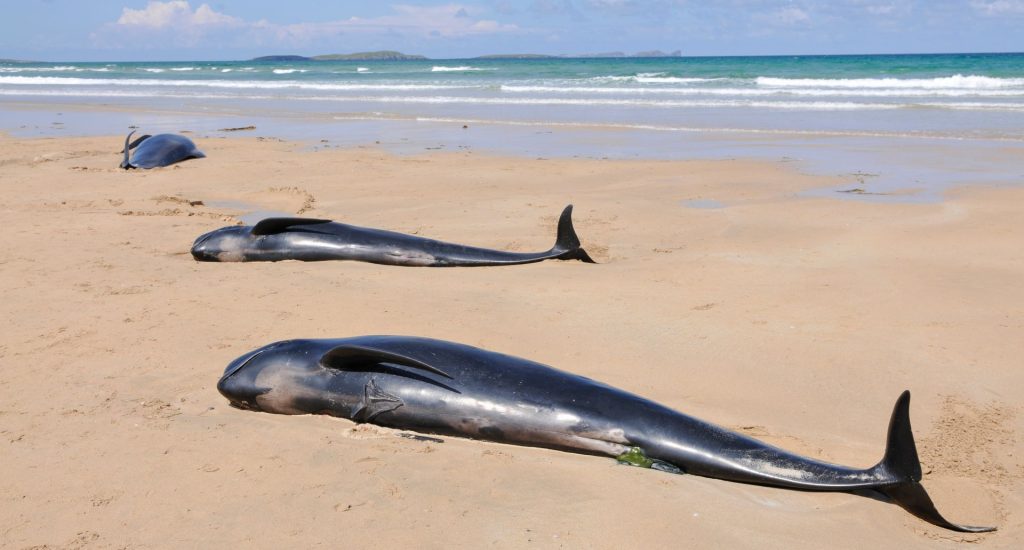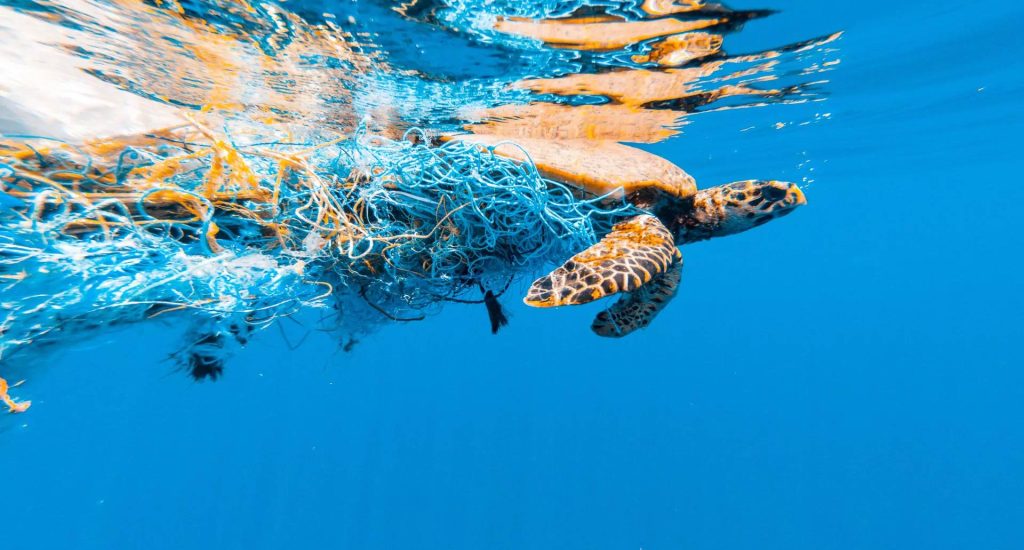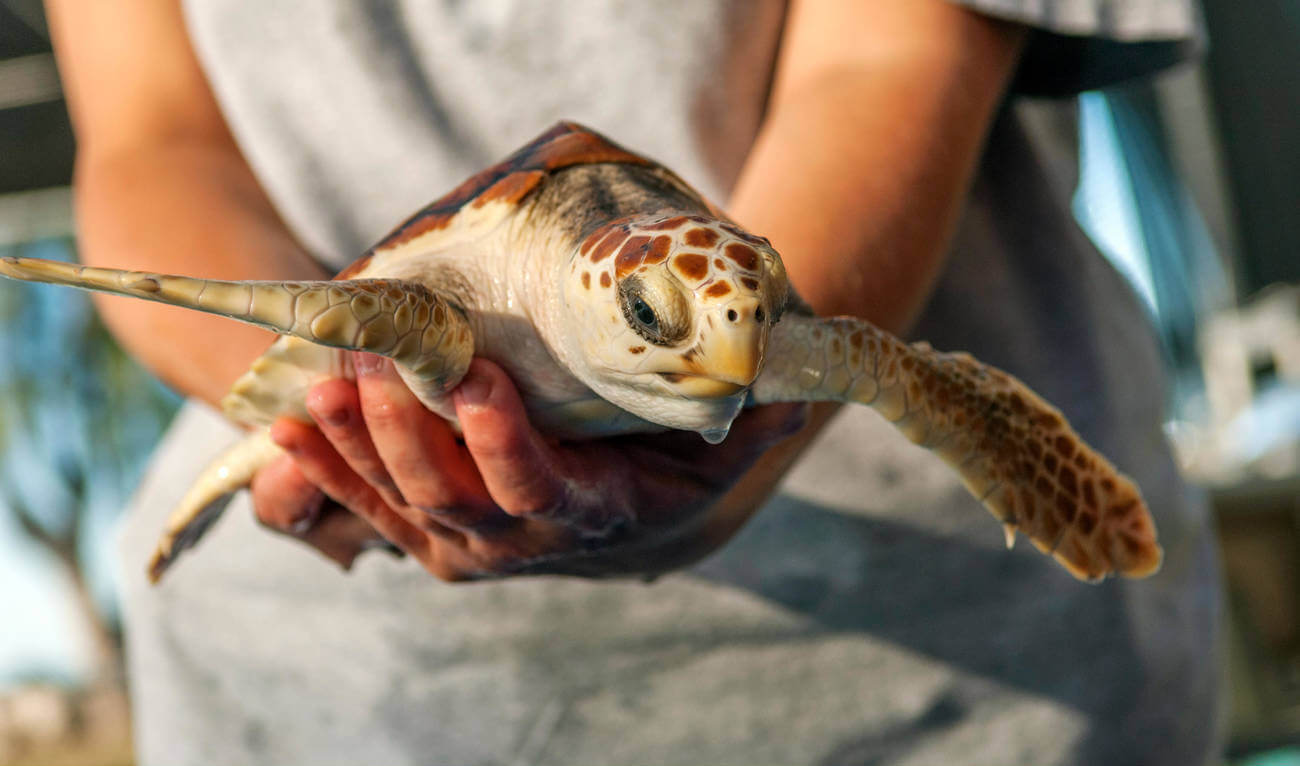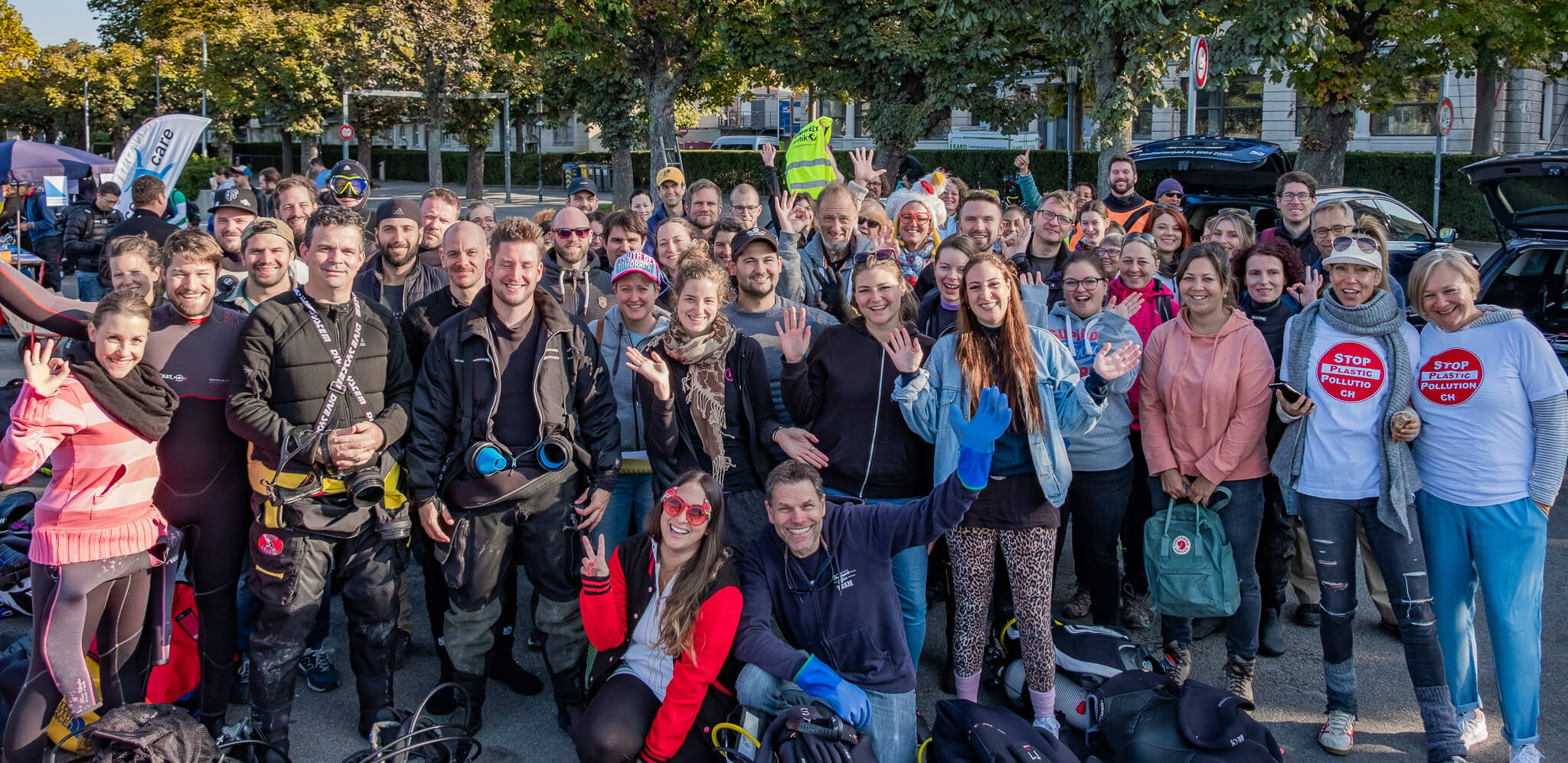British Divers Marine Life Rescue, a partner of OceanCare, in 2021 carried out over 3,200 missions in 2021 and took 378 seals into care.
Marine animals in distress need our help and this help needs to be both professional and swift. Rescue experts help stranded animals, such as whales, dolphins or whale sharks back into the water. They also help to disentangle whales, dolphins, sea turtles, seals, seabirds and other animals that get entrapped in plastic waste or fishing gear.
This is why OceanCare supports expert rescue organisations around the world. We support training, capacity building and knowledge transfer among rescue experts. We assist with manuals for field operations and help purchase rescue-kits, food and medicines for animals that are hospitalised.
OceanCare has co-founded the Sea Turtle Rescue Alliance, a worldwide network to connect and empower the sea turtle rescue and rehabilitation community worldwide with expertise, knowledge-transfer and exchange of data. This pioneering project to improve the care and welfare of injured sea turtles is unique and full of potential.
Protect the ocean with your donation.
Your donation will help to ensure that threatened marine animals are protected and that their habitats are conserved.
one-off
regularly
